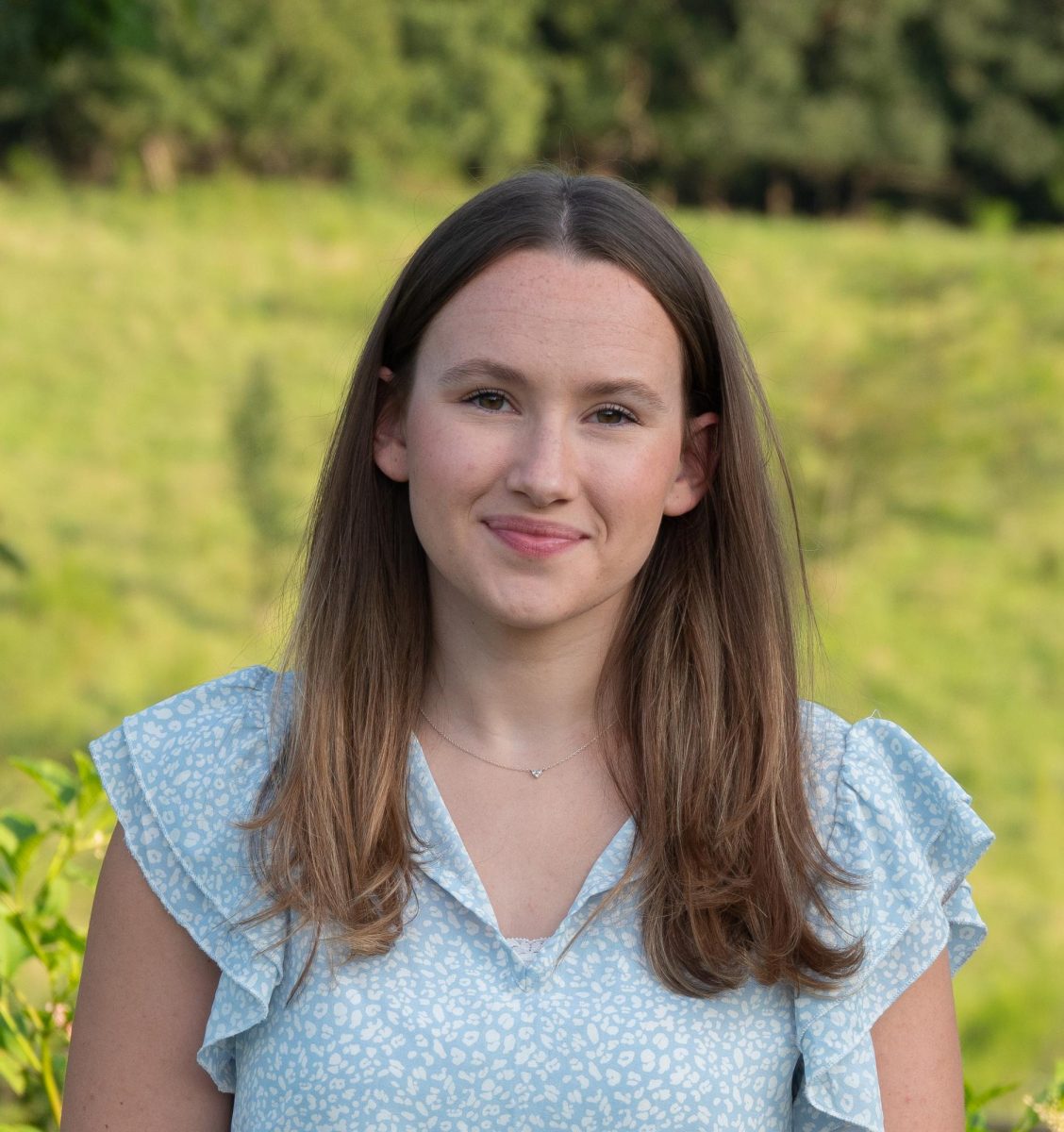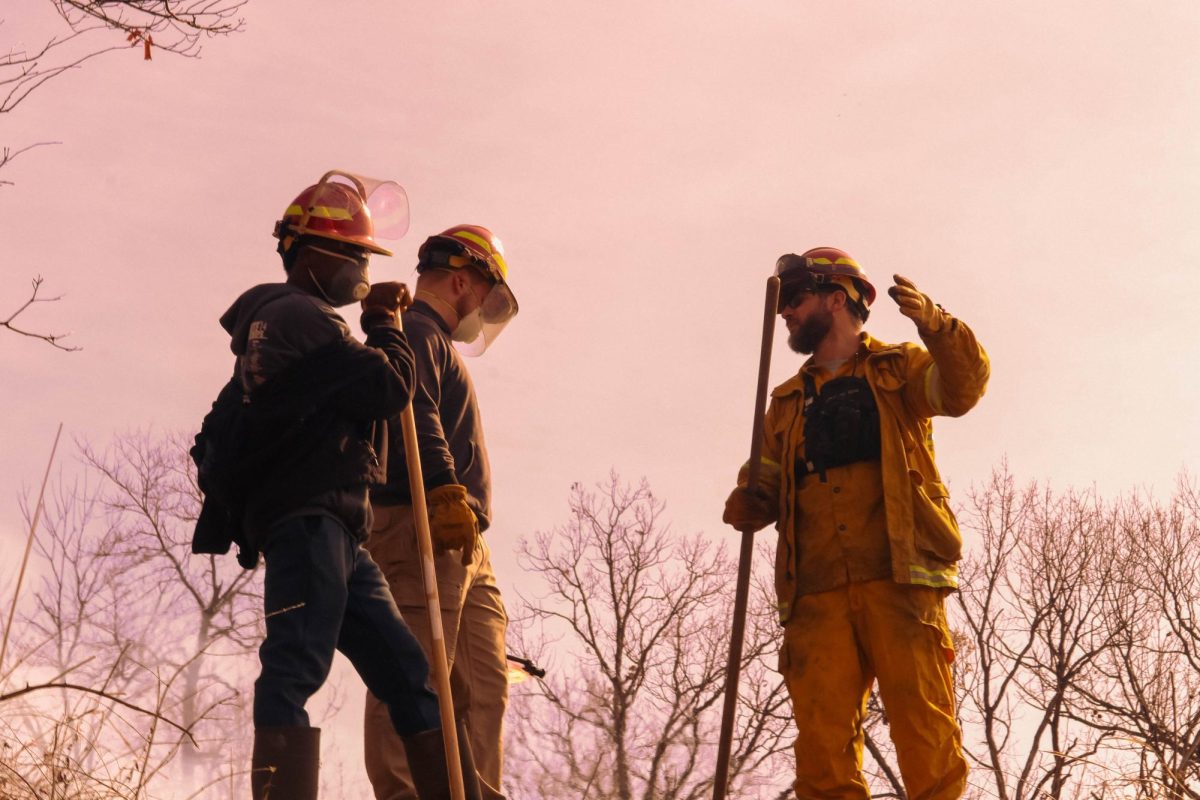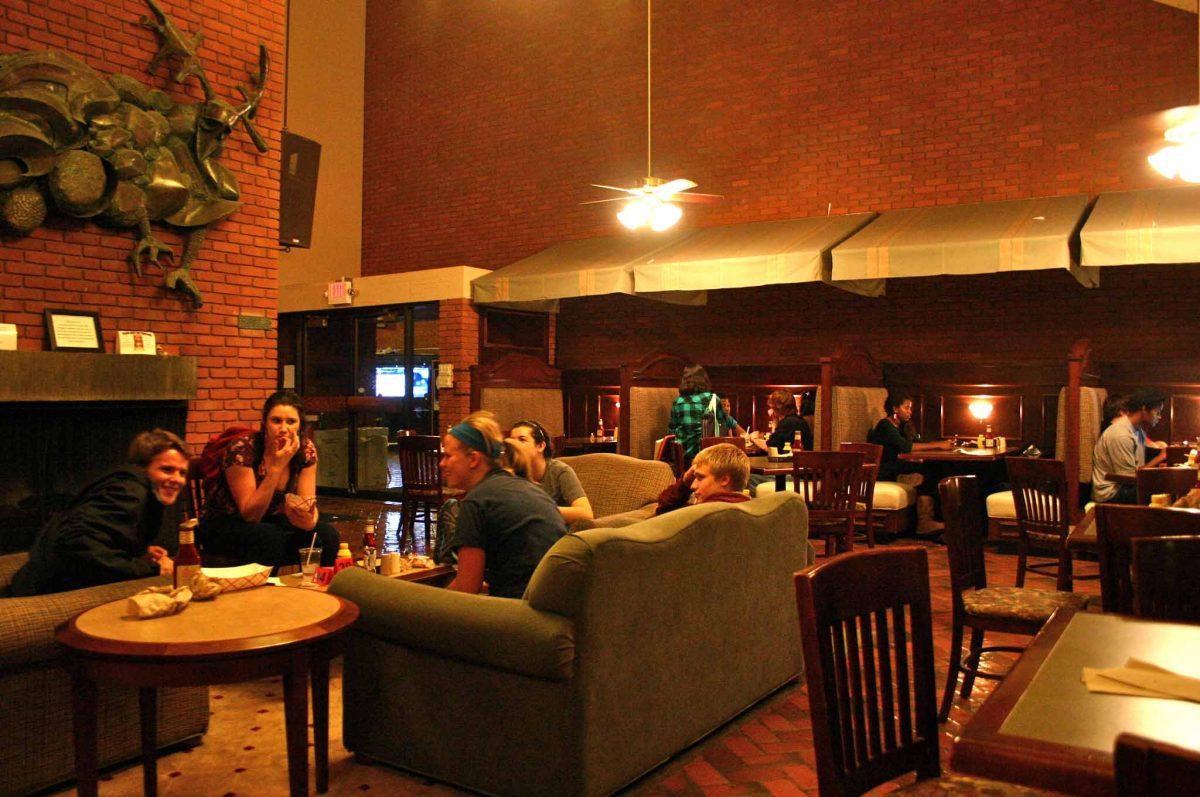Peace was in the air in Newark, New Jersey from May 13-15 at the Newark Peace Education Summit. Some of Principia’s own advocates for peace traveled 18 hours to hear His Holiness the Dalai Lama, two other Nobel peace laureates, and 71 other speakers from around the world share their experiences with and insights about peace.
The five students who attended, all Euphrates team members, were joined by Hillary Austin, the Euphrates Institute Program Manager, and recent Principia graduate Kateland Oakes, who had just returned from Arabic lessons in Syria.
Day one of the conference focused on inner peace and peace in the home. What
is inner peace? According to junior Eric Pagett: “It’s a sense of calm within thought and being, expressed in love, understanding, and compassion. Those three [terms] carry a lot of weight, but they also carry a lot of freedom when understood and expressed.”

Junior Sarah Oakes greatly appreciated the concept of inner peace and helped to put it into perspective. She said, “It is so easy to talk about these nice idealistic concepts of peace as starting with the individual, but sometimes it feels naïve or unrealistic in the face of global conflict and violence.” That said, she was inspired to hear many of the speakers, who were coming from real-world peacemaking initiatives, stress the importance of starting within before establishing peace without. For Pagett, too, the summit emphasized that “inner-peace is the key to global success.” After Friday’s workshops on various facets of peace within, the second day centered on peace in education and in the community, and day three focused on peace in the world and with the planet.
Pagett described the summit in terms of two narratives: one of world peace, and the other of peace in Newark, which made for an interesting variety of speakers and attendees. One of the speakers was the Mayor of Newark, Cory Booker. Senior Heather Libbe said it was interesting to the see the juxtaposition between the events happening inside the New Jersey Performing Arts Center – where the summit was held – and those occurring around it, in a city fighting high crime and poverty rates.
In her write-up on euphratesinstitute.org, Austin wrote that she was most grateful “for the portions of the summit that reinforced the breaking of the myth that we must choose between local and global, between personal and interpersonal, and between inner and outer.” She continued, “It’s clear that the skills of dialogue, listening, inner strength and motivation, and having no ‘Other’ in consciousness are skills that apply no matter how wide or narrow your scope.”

Austin paraphrased the Dalai Lama’s definition of peace as “the choice to be non-violent when you have the option of force.” She said that His Holiness emphasized the importance of abandoning the “us versus them” mentality and recognizing the sameness of humanity in moving beyond conflict. Sarah remembered an idea shared by Leymah Gbowee, a Liberian woman who started the Women Peace and Security Network of Africa. Gbowee said: “When you are in conflict with another, you are completely tied to this person and you have to carry this person’s issues as well as your own. If you can forgive and let go, then you detach the chain of burden that ties you to the other and brings you down.” Sarah was reminded later by a classmate that Mary Baker Eddy’s article, “Taking Offense,” deals with this same idea.
The presence of the Dalai Lama was a huge highlight for all. Sophomore Brie Mayer especially loved the Dalai Lama’s talk about the daily practice of compassion – not just once or twice, but throughout each day. She related that when one is fully expressing compassion, there are huge rewards. Libbe said, “His graciousness is immediately noticeable, and he always has the most warm smile.” According to Kateland: “Every time he spoke, he was in no hurry. He took his time and when it was his turn to address the conference, he would just sit contentedly for a few moments and then begin speaking from the heart. He is so inspirational; despite living a life in exile, his holiness has not a trace of resentment, anger, discouragement, or apathy. He is clearly working hard daily to resist occupation, tyranny, and corruption yet he understands how to bring about real, effective, sustainable change: through non-violent resistance.”
Kateland pointed out an important distinction between negative peace, which she said “signifies the end of war, or a cease-fire, but fails to bring effective change,” and positive peace, which she said “includes equal rights and opportunities for all, adequate provisions, proper education, freedom, sufficient healthcare, and basic human rights for everyone.”
An especially applicable take-away message for students at Principia and elsewhere is what Pagett said about education: “While I was worried about getting all my work done for school, having taken five days off to go to [Newark], there were numerous people at that conference that will never be blessed with the opportunity to go to college. I feel that those blessed with the privilege of education waste their potential worrying over workloads and [being] fearful of the consequences, instead of being grateful for the opportunity to educate themselves while working on a laptop, sitting in the air-conditioned library, which is filled with thousands of books, with an unlimited destiny before them.”
One of the practical steps Austin recorded was the suggestion from speaker and spiritual teacher Marianne Williamson to “[begin] each day with the question ‘What good might I do today?’” Junior Duncan Wilder said, “Simply talking about the issues facing our world today will change nothing until we get up off our butts and take action to promote peace. We can do this by educating others, joining forces with people who are passionate about the same issues, donating resources, organizing protests, talking to those in power, and practicing the principles of peace (love, compassion, equality, forgiveness, humility, patience) in our own lives.”
The Euphrates Institute looks forward to spreading the narratives for peace even further with its own upcoming summit on “Our World Beyond 9/11” in October. The aims of this summit are to inform, inspire and transform through a series of talks and workshops with speakers, such as 9/11 and al Qaeda expert Lawrence Wright. The end result will be a conceptual toolkit for creating peace in and through each of our own lives.
From these and other summits to the nonviolent resistance gaining ground across the Middle East, voices for peace are reaching wider spheres. No matter what part we play, each of us has the power to bring peace to the world.







